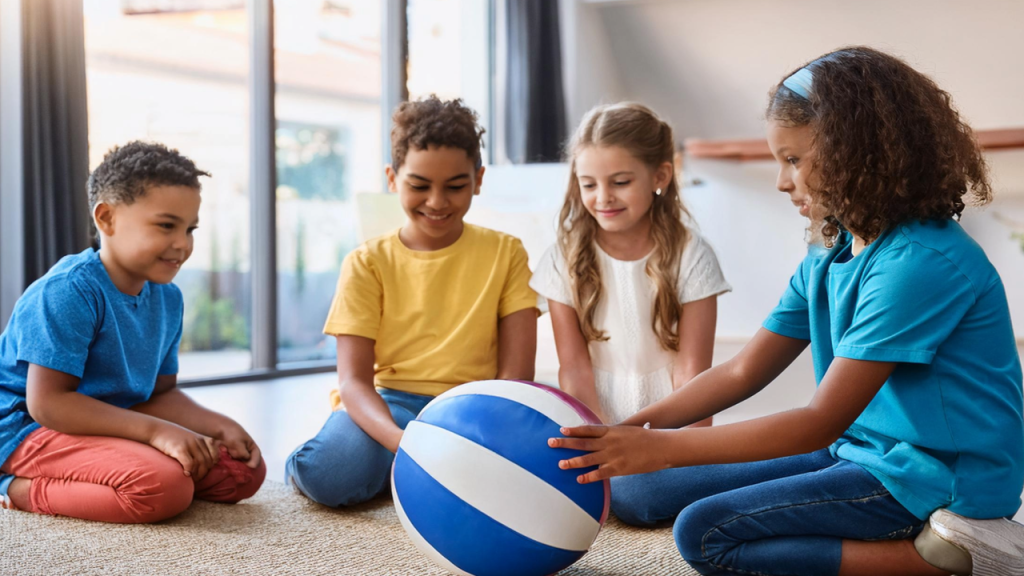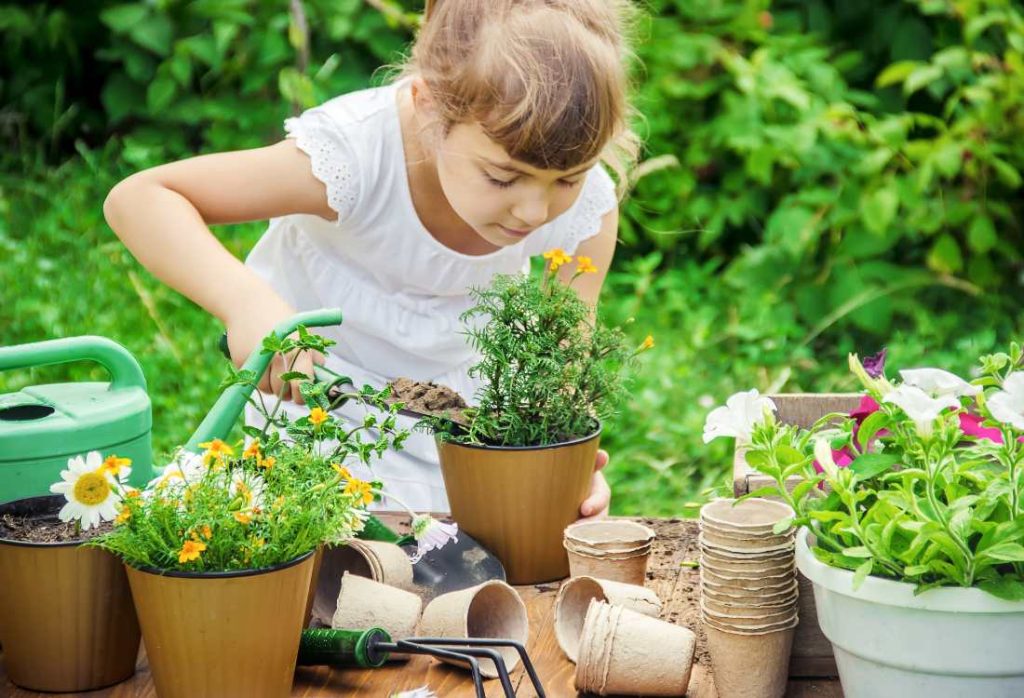The Profound Impact of Social Competence

In today's fast-paced world, the ability to forge meaningful connections and navigate social situations with finesse is an invaluable asset. For children, developing robust social skills is not merely a matter of etiquette but a foundation for their overall growth and well-being. Beyond facilitating seamless communication and fostering empathy, social skills play a pivotal role in shaping your child's self-esteem, emotional intelligence, and overall confidence. By equipping them with the tools to navigate social dynamics effectively, you empower them to forge lasting friendships, excel in academic pursuits, and thrive in future professional endeavors.
This comprehensive guide delves into the realm of social skills development, offering a wealth of activities and exercises tailored to enhance your child's social interactions and foster enduring bonds. Nurturing social skills in children is a multifaceted endeavor that yields profound benefits across various aspects of their lives.
1. Embracing Diversity: The Art of Understanding Emotions
Research suggests that emotions comprise a universal language that transcends cultural boundaries. One engaging activity that fosters skills of recognizing and expressing feelings is "Emotion Charades." Parents and caretakers can play this game by acting out various emotions through gestures and expressions and asking children to identify them, and vice versa. Children learn to demonstrate, identify, and interpret nonverbal cues that accompany different emotional states. This exercise not only enhances their emotional intelligence but also encourages creativity and self-expression. It also allows for caretakers to better assess and understand their children’s ability to read body language and identify emotions in others.
2. Cultivating Gratitude: The Friendship Bracelet Exchange
In a world where appreciation is often overlooked, instilling a sense of gratitude in children can profoundly impact their social interactions. The "Friendship Bracelet Exchange" activity provides a delightful opportunity for children to express their appreciation for others while exercising their creativity. By crafting personalized bracelets adorned with beads and charms, children learn to convey their feelings of affection and value the bonds they share with their peers.
3. Stepping into Different Roles: Role Reversal
Empathy is the cornerstone of meaningful social interactions, and one effective way to cultivate this trait is through the "Role Reversal" activity. By temporarily assuming the roles and responsibilities of their parents or caregivers, children gain a deeper appreciation for the perspectives and challenges faced by others. This exercise not only promotes empathy but also fosters a sense of responsibility and gratitude for the efforts of those around them.
Caretakers may also help children learn perspective-taking by giving them a scenario and asking how someone else (e.g., a peer or family member) might feel and which specific emotions they might experience.
4. Expressing Appreciation: Thank You Notes

Teaching children the art of expressing appreciation can have a profound impact on their social interactions. The "Thank You Notes" activity encourages children to craft heartfelt messages of gratitude for their classmates, teachers, and school staff. Helping decorate then delivering these cards in person; allows children to express creativity, practice their communication skills, and learn the value of acknowledging the contributions of others.
5. Maintaining Focus: Staring Contests
In a world filled with distractions and digital communications, cultivating the ability to maintain focus and engage in meaningful interactions is a valuable skill. The "Staring Contests" activity provides a playful yet effective way to enhance children's concentration and connection. By locking eyes with a partner, children practice sustaining eye contact, a crucial component of effective communication. This exercise improves focus and fosters presence and attentiveness in social situations.
6. Building Connections: Roll the Ball
For younger children, the "Roll the Ball" activity provides a gentle introduction to social interactions and communication. By rolling a ball back and forth, children learn to engage with their peers in a simple yet meaningful way. This activity can be enhanced by introducing conversation prompts, encouraging children to share their interests, favorite activities, or thoughts on various topics. Through this playful exercise, children develop essential social skills while fostering a sense of connection and belonging.

7. Unleashing Creativity: Simon Says
The classic game of "Simon Says" not only provides a fun and engaging activity but also offers valuable lessons in self-control and impulse regulation. By following instructions only when preceded by the phrase "Simon Says," children develop the ability to exercise restraint, focus their attention, and respond appropriately to social cues. This activity enhances social skills while promoting cognitive development and cultivating a sense of discipline.
8. Embracing Imagination: Play Pretend
Unstructured, imaginative play is a powerful tool for nurturing social skills and fostering creativity in children. The "Play Pretend" activity encourages children to explore different roles, scenarios, and perspectives through the use of costumes, props, and storytelling. By stepping into diverse characters and situations, children develop empathy, problem-solving abilities, and the confidence to express themselves freely in social settings.
9. Nurturing Neighborhood: Community Gardening

Fostering community and responsibility is a crucial aspect of social skills development, and the "Community Gardening" activity provides a hands-on approach to achieving this goal. By working together to cultivate and maintain a shared garden, children learn the value of collaboration, patience, and nurturing relationships. This activity not only promotes social competence but also instills a sense of environmental stewardship and appreciation for the natural world.
10. Focused Conversations: Token Stack
The "Token Stack" activity offers a unique and adaptable approach to teaching children the art of focused conversations. By stacking coins or tokens while taking turns asking questions and sharing personal insights, children learn to actively listen, maintain eye contact, and engage in meaningful dialogue. This exercise not only enhances their communication skills but also fosters a sense of curiosity and appreciation for others' perspectives.
Conclusion
Developing robust social skills is a lifelong journey that begins in childhood. By incorporating these engaging activities and exercises into your child's daily routine, you can equip them with the tools to navigate social situations with confidence, empathy, and resilience. From understanding emotions to building lasting friendships, these competencies pave the way for a lifetime of successful interactions and fulfilling relationships. Embrace the power of social skills development, and watch as your child blossoms into a confident, compassionate, and socially adept individual, ready to thrive in a world that values meaningful connections.




